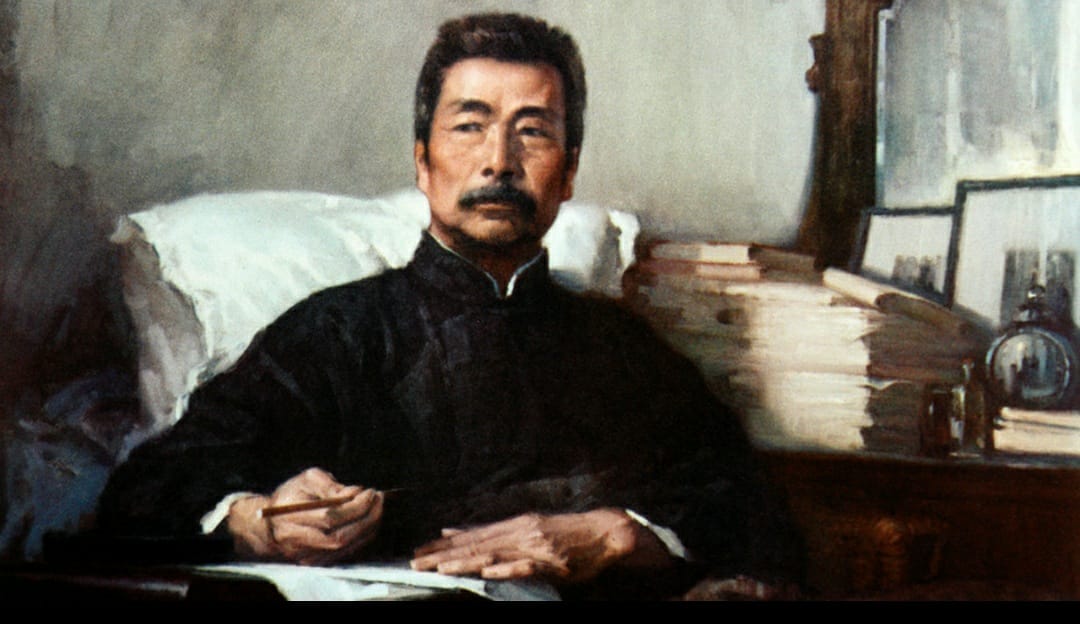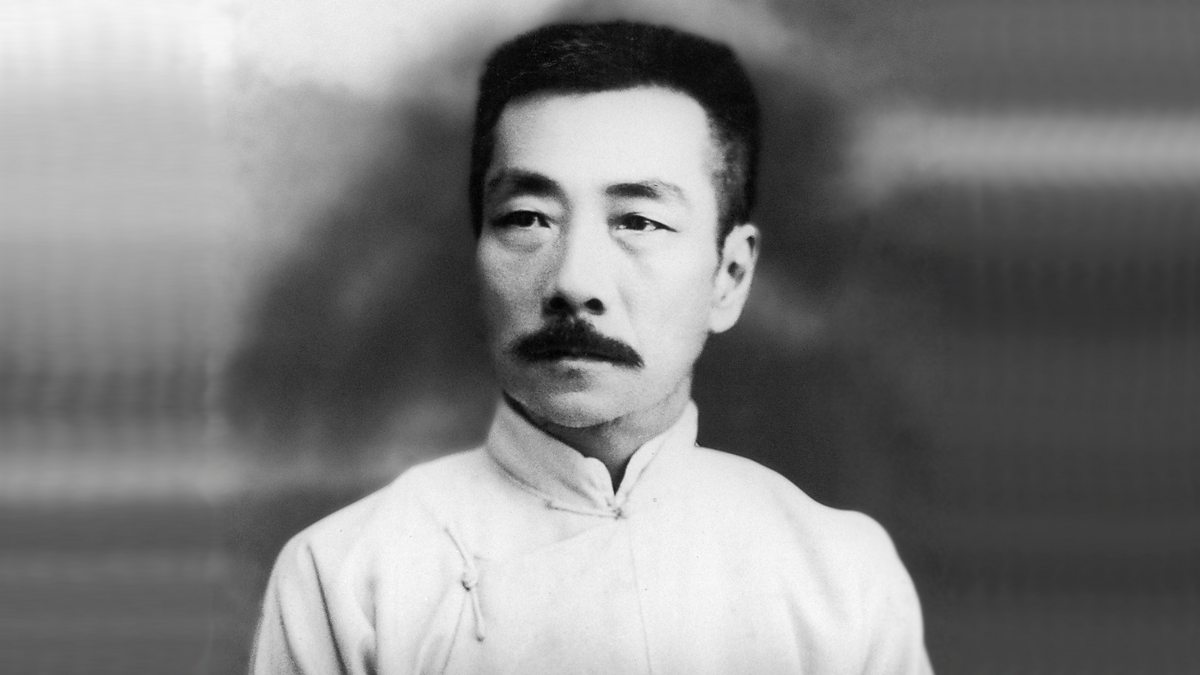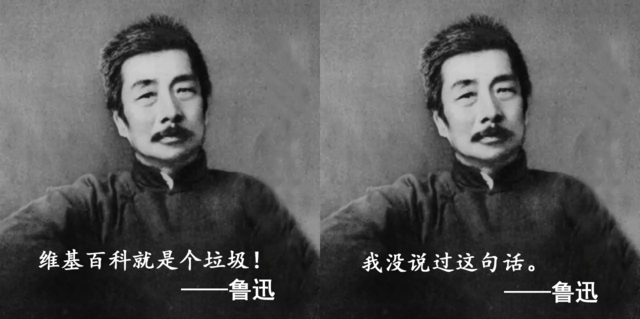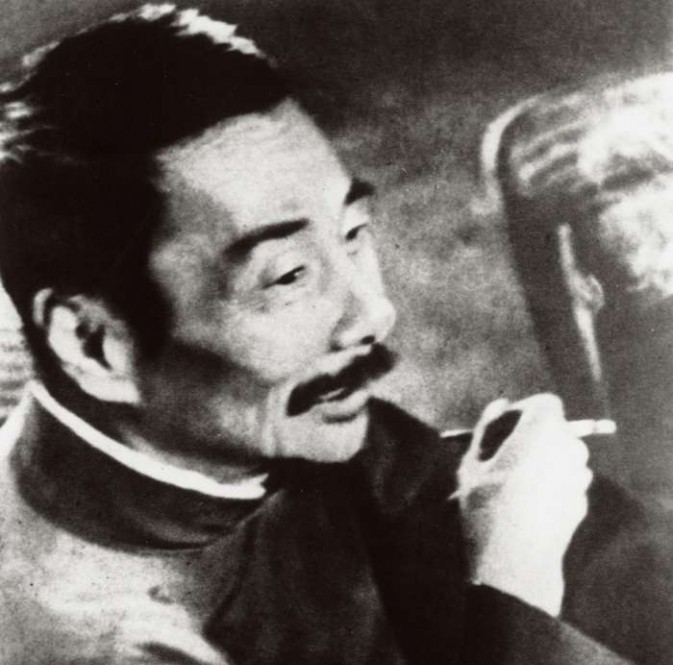Zhou Shuren popularly known as Lu Xun was an influential Chinese writer, essayist, poet, and translator who is considered as the ‘father of modern Chinese literature.’
He is known for his satirical observations of Chinese society’s behavior in the early 20th century. He was considered to be one of the most important thinkers of his time and also a pioneer of modern vernacular Chinese literature.
During the several political movements that happened in mainland China since 1949, the work of several authors of fictional works of social criticism, popular in the 1920s and 1930s have been discredited to a certain extent and criticized. However, Lu Xun’s reputation was intact and it was consistently distinguished.
We have shared everything you need to know about the famous Chinese writer Lu Xun. Read on!
Lu Xun: All that you need to know about the famous Chinese writer and literary critic
Mao Zedong, founding father of the People’s Republic of China (PRC) and former president of PRC called him as “commander of China’s cultural revolution.” During the 1930s in Shanghai, he became the titular head of the League of Left-Wing Writers.
Early Life
Lu Xun was born in the year 1881 in Shaoxing, Zhejiang into a family of landlords and government officials. However, the family’s financial resources deteriorated when he was young and he had to face a lot of hardships.
His father was a scholar and his grandfather served as a high-ranking government official in Peking. He suffered a lot during the Sino-Japanese War and the Boxer Rebellion movement from 1899 to 1901. His family became so poor that they had to pawn goods and other items to purchase medicine for his father who was suffering from chronic illness.
At the age of 13, Lu xun’s grandfather was accused of complicity in a bribery case and sentenced to prison for examination fraud. His family reputation declined after this incident and they had to bribe government officials in the Ministry of Punishment to ensure his grandfather is not executed. This left Lu Xun disillusioned with the overt corruption of the imperial government as a teenager.
Lu Xun went to study medicine at Sendai, Japan in 1902. However, he left studies in a short while as he wanted to dedicate himself to literature, as he believed that China needs to get rid of its ‘spiritual ills’ more than its physical ills. He started writing for radical magazines targeting Chinese students in Japan. He even started his own literary magazine in 1906 however it was not successful.
He explained the rationale why he left studying medicine as, “At the time, I hadn’t seen any of my fellow Chinese in a long time, but one day some of them showed up in a slide. One, with his hands tied behind him, was in the middle of the picture; the others were gathered around him. Physically, they were as strong and healthy as anyone could ask, but their expressions revealed all too clearly that spiritually they were calloused and numb.”
He added, “According to the caption, the Chinese whose hands were bound had been spying on the Japanese military for the Russians. He was about to be decapitated as a ‘public example.’ The other Chinese gathered around him had come to enjoy the spectacle.”
Career as a Writer
He came back to his home country in 1909 to teach and work. Lu Xun was working as a part-time professor at several Beijing universities. After 9 years in 1918, he published his debut short story titled, ‘Diary of a Madman.’
The story disapproved of traditional Confucian values. His story was published in a journal, “New Youth” which was associated with the May Fourth political movement. The movement demanded new social order which is based on modern, anti-traditional, and democratic values.
‘Diary of a Madman’ was a huge success. This encouraged him to write the celebrated short story collections like “A Call To Arms” in the year 1923 and Wandering in 1926. Most of his stories depicted Chinese village life during the upheavals of the 20th century.
He not only condemned contemporary social mores and government corruption but also other weird things like superstition, depravity, and greed which he witnessed all around him.
In 1925, Lu Xun’s last story “Divorce” was published. Next year he protested the killing of students. Because of some personal and political reasons, Lu Xun was forced to run away from Beijing in 1927 to Amoy, Canton, and finally settled in Shanghai. He stopped writing fiction during the last decade of his life.
Essayist
During this time he dedicated his time to writing essays that were satirical in nature along with editing, teaching, translating Russian works. He had to use fictitious names for his writings as he was banned by the government from publication.
He was a prolific writer of short essays attacking the prevailing social injustice and political corruption.
He encouraged young writers, translators, and artists. He was a supporter of woodblock prints that portrayed the extreme sufferings of the Chinese people to show the urgent need for a revolution
Death
According to Lu Xun, the Communist Party was the only hope for China even though he never joined the party officially. He passed away in 1936 due to tuberculosis. After his demise, the Chinese communist movement held him up as an exemplar of Socialist Realism. Even today Lu Xun’s works are taught and read in various parts of Mainland China.
Below are some of his famous quotes
- “I thought: hope cannot be said to exist, nor can it be said not to exist. It is just like roads across the earth. For actually the earth had no roads to begin with, but when many men pass one way, a road is made.”
- “Hope is like a path in the countryside. Originally, there is nothing – but as people walk this way again and again, a path appears.”
- “When the Chinese suspect someone of being a potential troublemaker, they always resort to one of two methods: they crush him, or they hoist him on a pedestal.”
Check out this space for more informative articles like this. Feel free to add your inputs if any to help us improvise our content!




